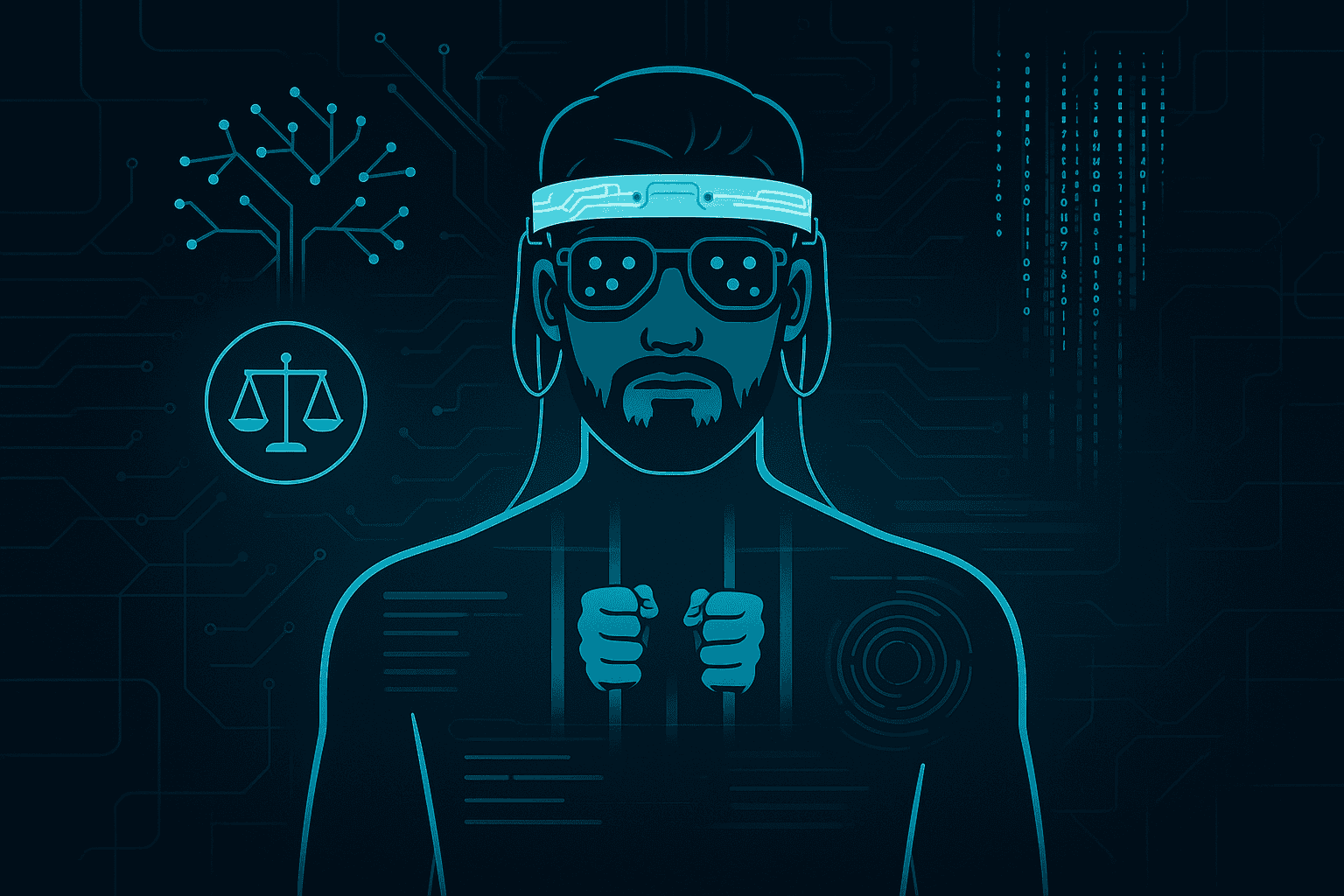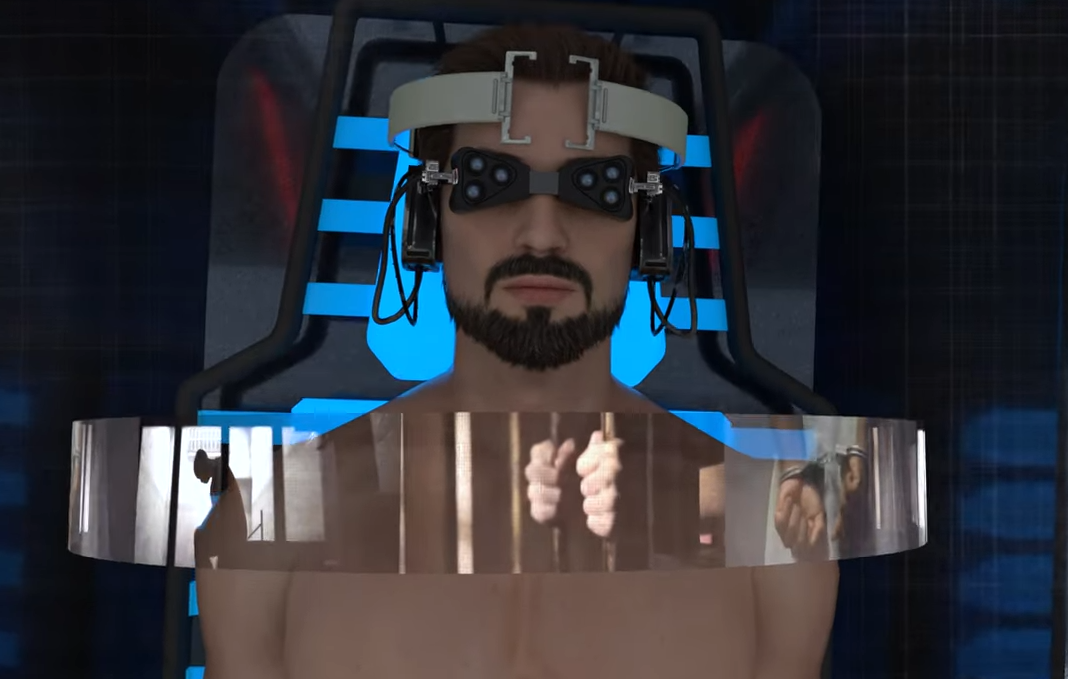What Are Neuro-Rights? Cognify and the Future of Prison Ethics

What Are Neuro-Rights? Cognify and the Future of Prison Ethics
The United States spends over $80 billion every year on prisons. Yet recidivism remains stubbornly high: two out of three released prisoners are rearrested within three years.
Now imagine a future where, instead of serving decades behind bars, offenders receive “fast-track rehabilitation” through brain implants. This is the radical promise of Cognify—a concept where AI-driven memory implants replace prison time.
But beyond the hype, one critical question emerges: what are neuro-rights, and how do they protect us from this kind of technology?
The Rise of Cognify: A Radical Prison Alternative

Cognify proposes a system where neural implants simulate artificial memories—regret, empathy, or even the pain of victims. Instead of years of incarceration, offenders would undergo a short, intense experience designed to rewire behavior.
On paper, the benefits seem obvious:
- Lower costs than maintaining overcrowded prisons
- Rapid rehabilitation compared to traditional models
- Potential to reduce recidivism through direct brain intervention
But when we replace prison cells with AI pipelines into human memory, ethical risks become impossible to ignore. That’s where neuro-rights come in.
What Are Neuro-Rights?
Neuro-rights are an emerging set of human rights designed to protect mental privacy, cognitive liberty, and identity in the age of neurotechnology.
They focus on four key dimensions:
- Cognitive liberty: the right to control your own thoughts and mental processes
- Mental privacy: protection of brain data and inner experiences from external access
- Identity: safeguarding authenticity and preventing manipulation of self-perception
- Fair access: ensuring equity in neurotechnological advancements
Countries such as Chile have already discussed neuro-rights in legal frameworks, and debates on cognitive liberty laws in the USA are starting to gain traction.
In the context of Cognify, neuro-rights would determine whether implanting false memories to reform criminals is even legally or morally acceptable.
Ethical Risks of Brain Implants in Criminal Justice
Consent and Autonomy
Would choosing Cognify ever be truly voluntary? If the alternatives are decades in prison or weeks with implants, consent feels more like coercion. In AI terms, this is a consentient design failure—choices offered under pressure aren’t real choices.
Psychological Integrity
Artificial memories aren’t harmless datasets. Implanting trauma or remorse risks:
- PTSD-like symptoms
- Long-term cognitive damage
- Identity disruption that can’t be “debugged” like faulty code
False Memories = Manipulation
False memories blur the line between reality and fiction. Who decides what is implanted? Could governments manipulate identity under the guise of rehabilitation? This transforms justice into control by design.
Human Rights and Neural Implants
Human rights neural implants debates highlight deep risks: violating dignity, autonomy, and even international law. Without strict neuro-rights protections, Cognify could undermine the very justice system it aims to improve.
Technology vs Justice: Equity and Effectiveness
Justice Equity
Like most exponential technologies, access won’t be equal. Wealthy offenders might secure implant-based rehabilitation, while marginalized groups serve traditional long sentences. This would create justice pipelines biased by privilege.
Effectiveness
So far, there’s no scientific evidence that memory implants sustainably change behavior.
- Animal studies show short-term effects, not long-term transformation
- Criminal psychology involves environment, trauma, and socio-economic drivers—factors no implant can erase
- Recidivism reduction technology studies emphasize environment and support systems, not memory rewrites
In short, Cognify might fail its core mission while introducing massive ethical risks.
A Society of Control?
Perhaps the most alarming scenario: once normalized in prisons, what stops these implants from being used on political dissidents or “non-compliant” citizens?
A world where governments access and rewrite memories in real time isn’t rehabilitation—it’s authoritarian surveillance at scale. ⚡
This is why neurotech in criminal justice systems must be approached with caution. Cognify is more than a prison reform experiment—it’s a test of how much freedom we’re willing to sacrifice in the name of efficiency.
Actionable Takeaways for Tech Leaders
So, what can CTOs, developers, and product managers learn from Cognify?
- Stress-test ethics like scalability: don’t wait until late-stage deployment to evaluate risks
- Map human rights into product pipelines: consent, privacy, and equity must be KPIs, not afterthoughts
- Design for true consent: offer choices that are real, not coerced
- Collaborate cross-discipline: include legal, ethical, and community voices early
- Join neuro-rights discussions: shape policies before tech adoption accelerates
These lessons apply beyond prisons. Any AI-first solution that touches human cognition or identity must embed ethics at the core of design.
Closing Thoughts
Cognify is not just a wild idea about prisons—it’s a wake-up call for every AI-first team building the future.
When we ask “what are neuro-rights?”, we’re really asking: how do we safeguard human dignity in an era where AI can rewire our thoughts?
At Kenility, we believe in purpose-driven AI pipelines—fast, scalable, and exponential, but never at the expense of human rights.
Let’s unlock the future responsibly.
Ready to explore AI with purpose? Let’s talk.
